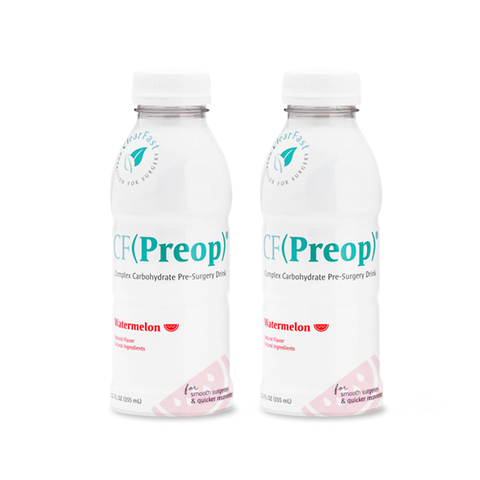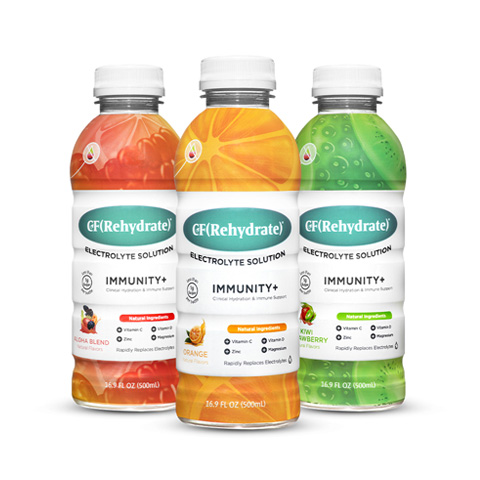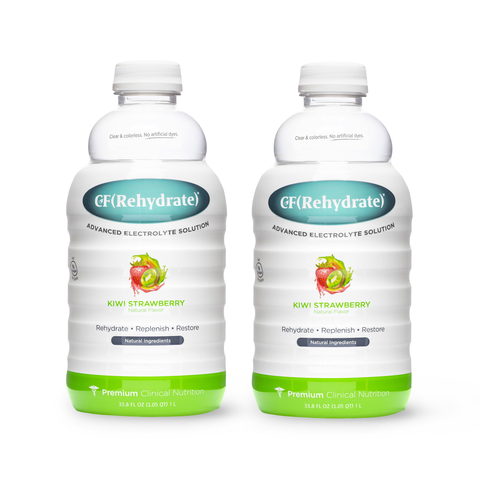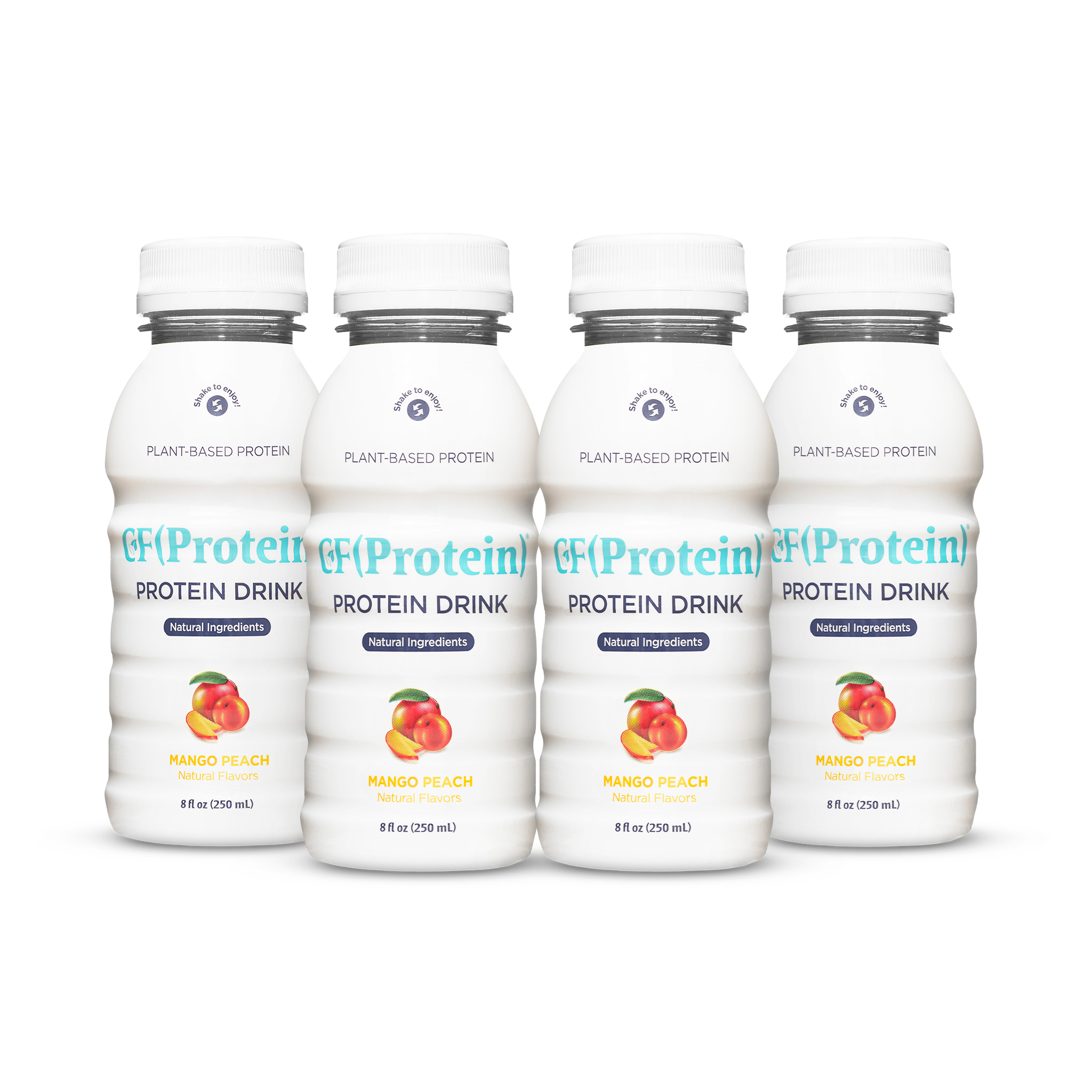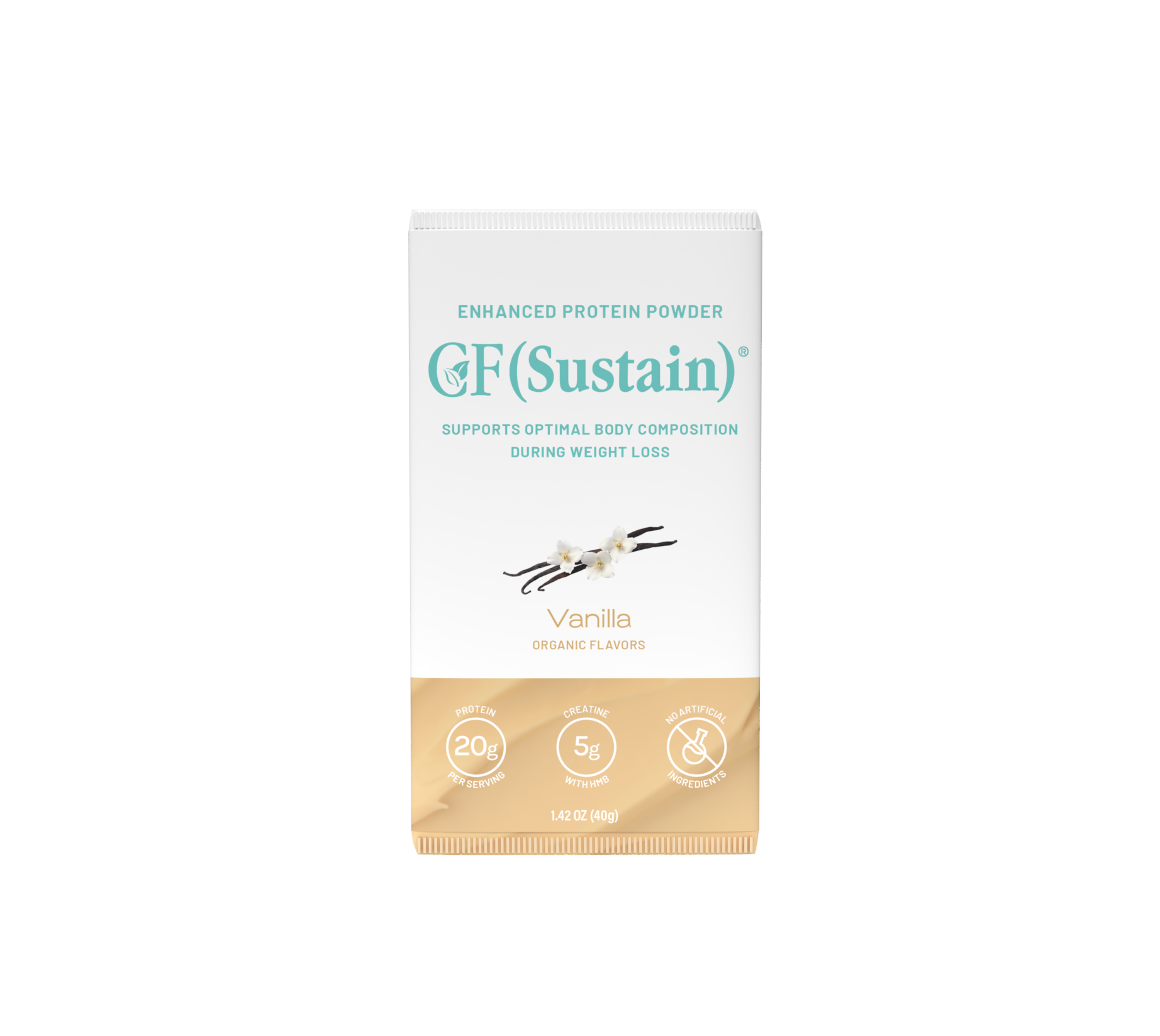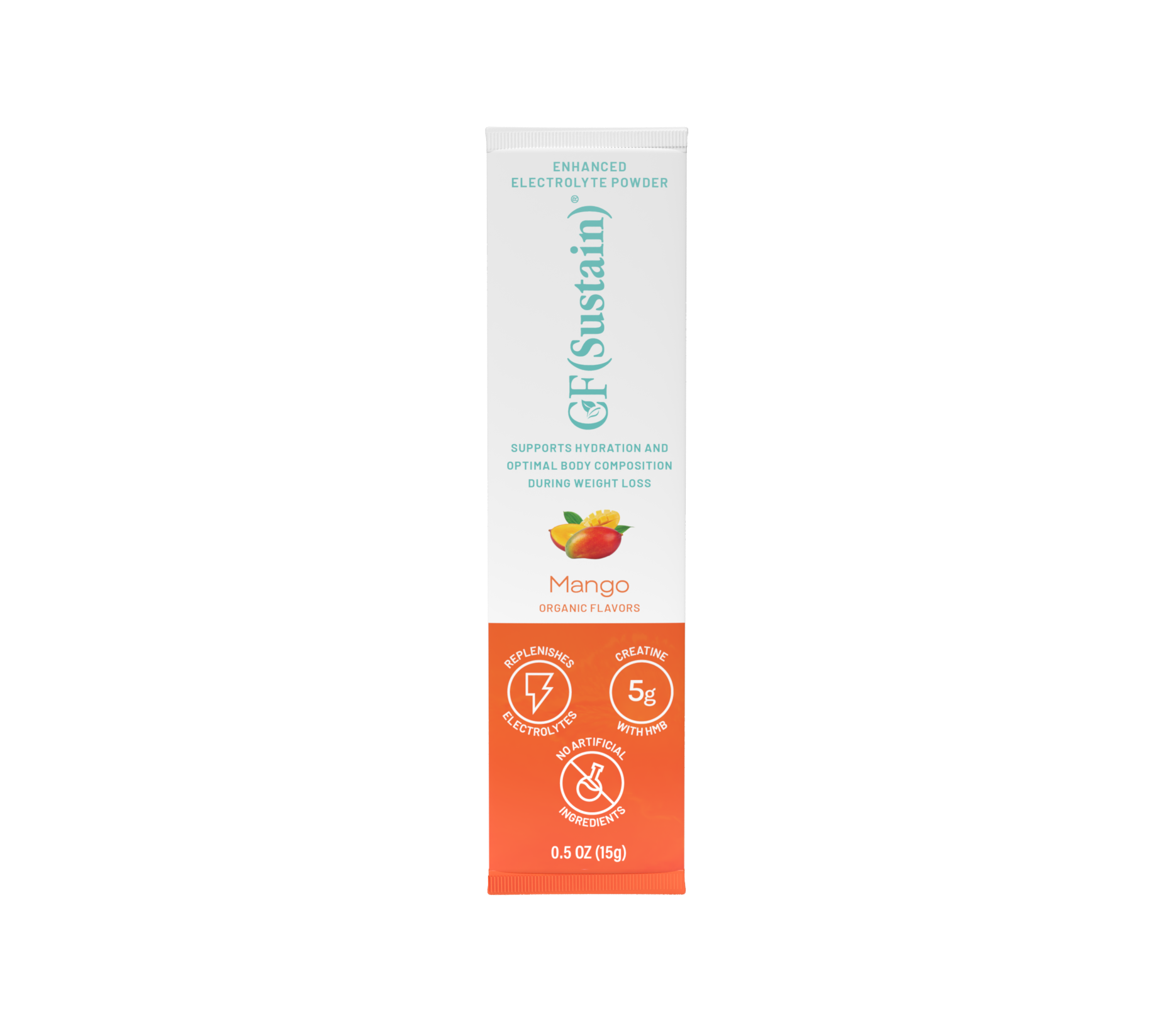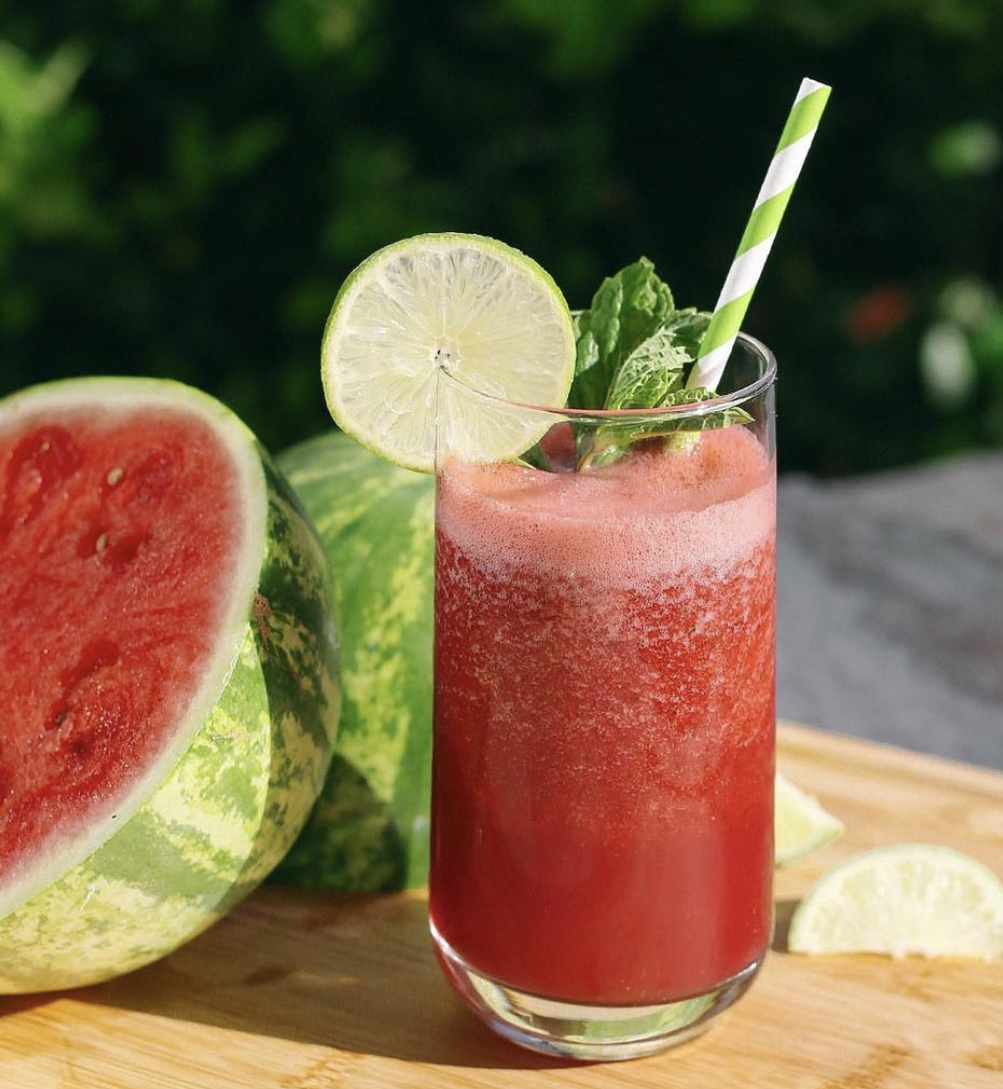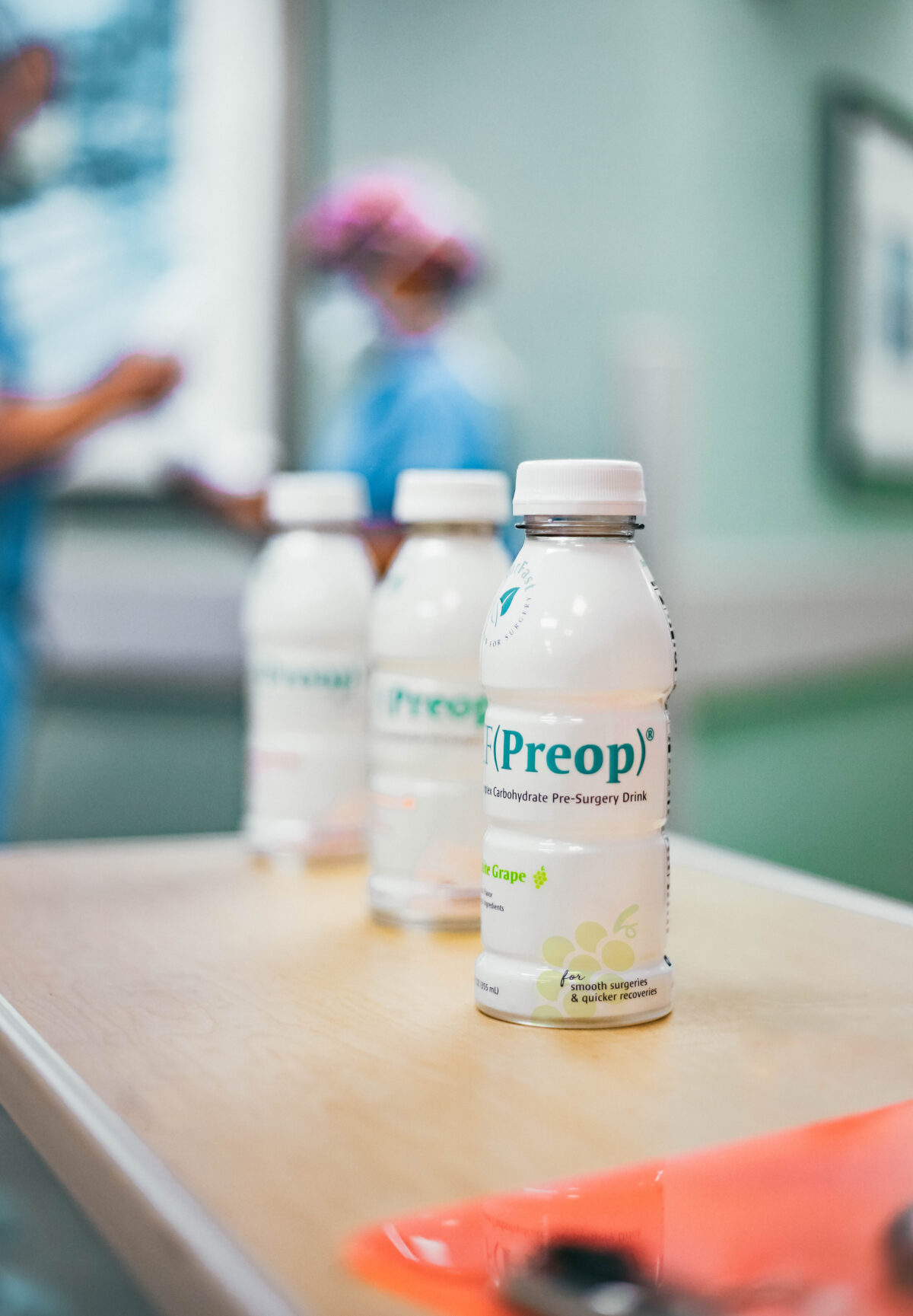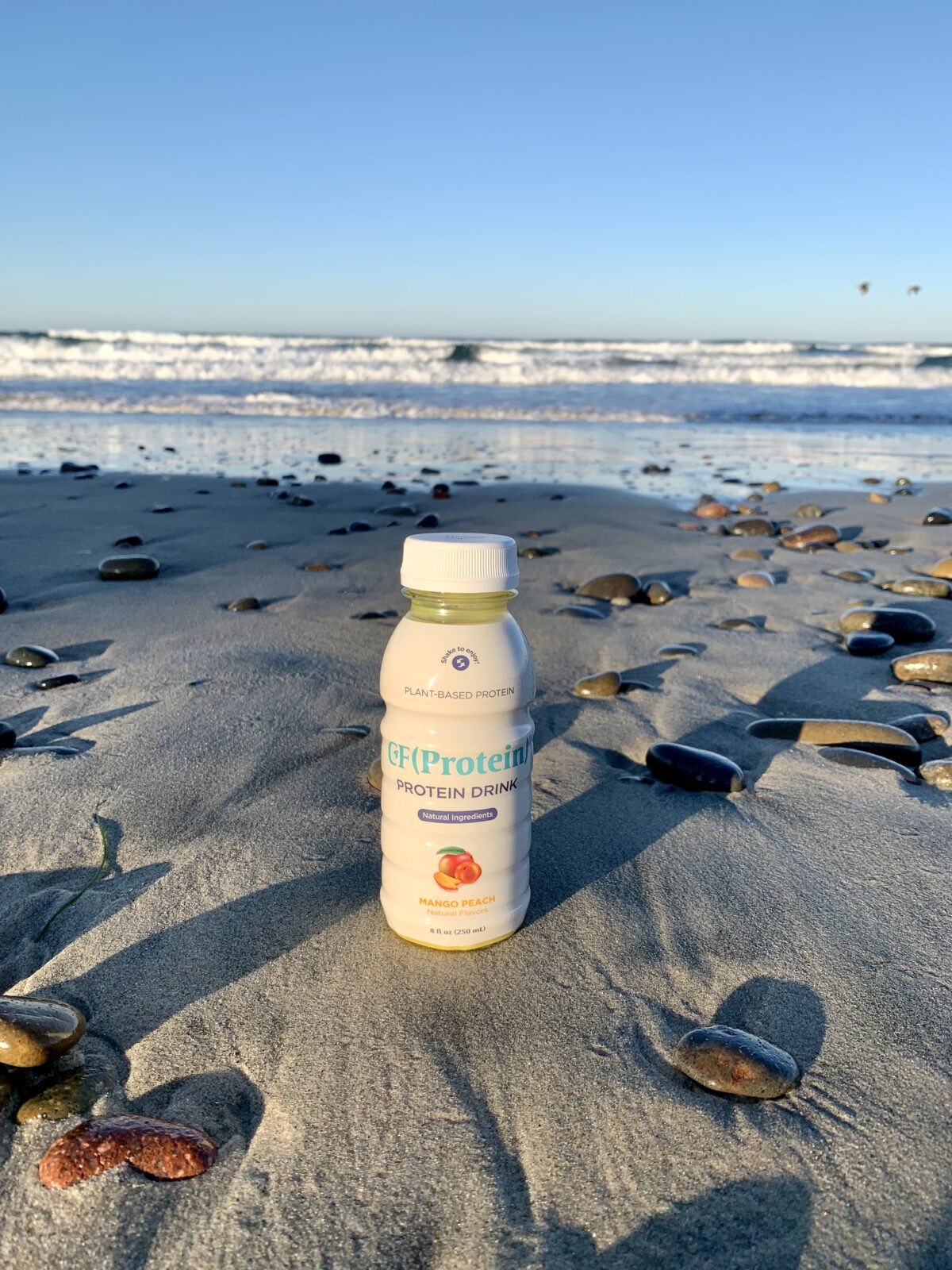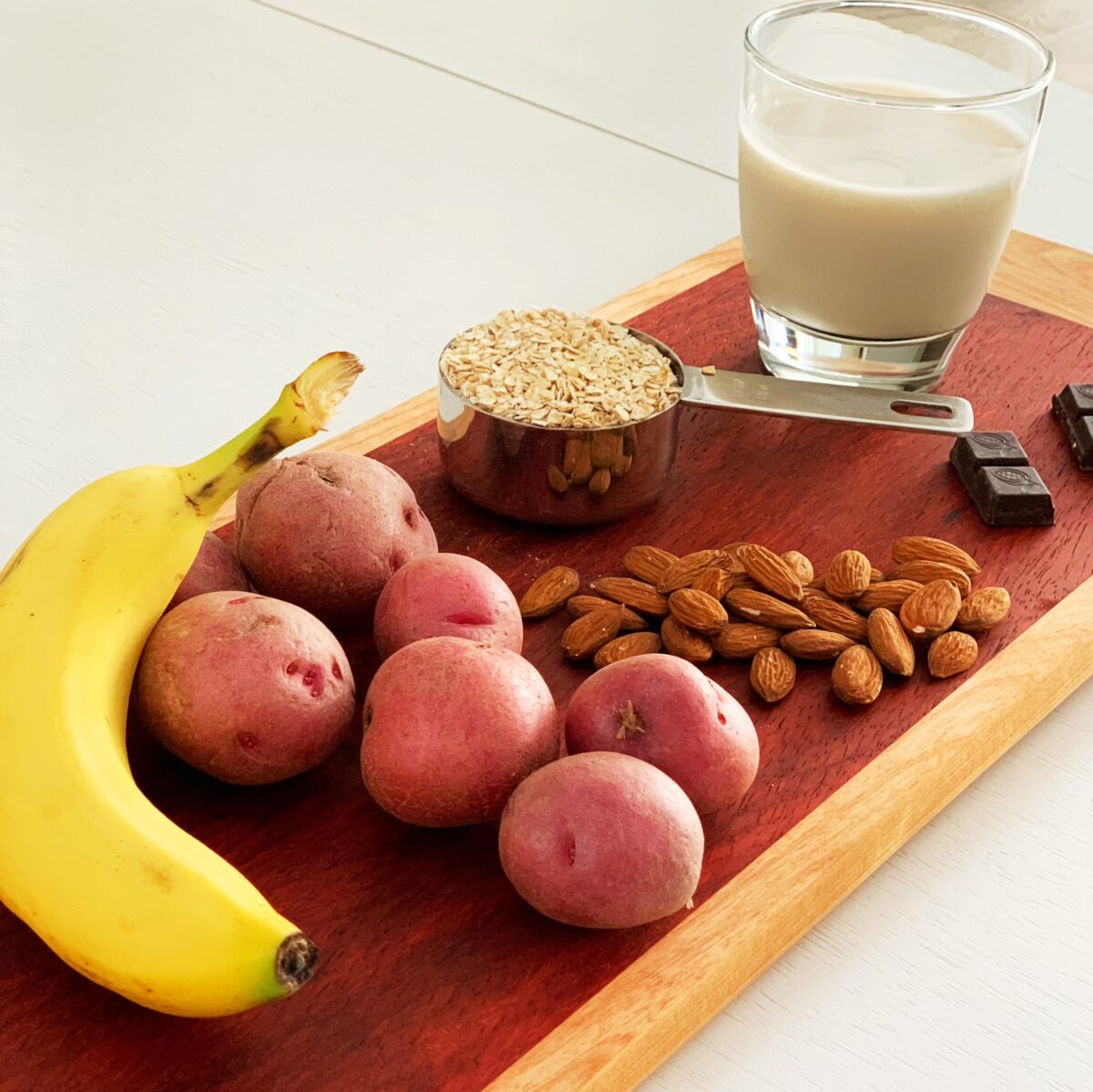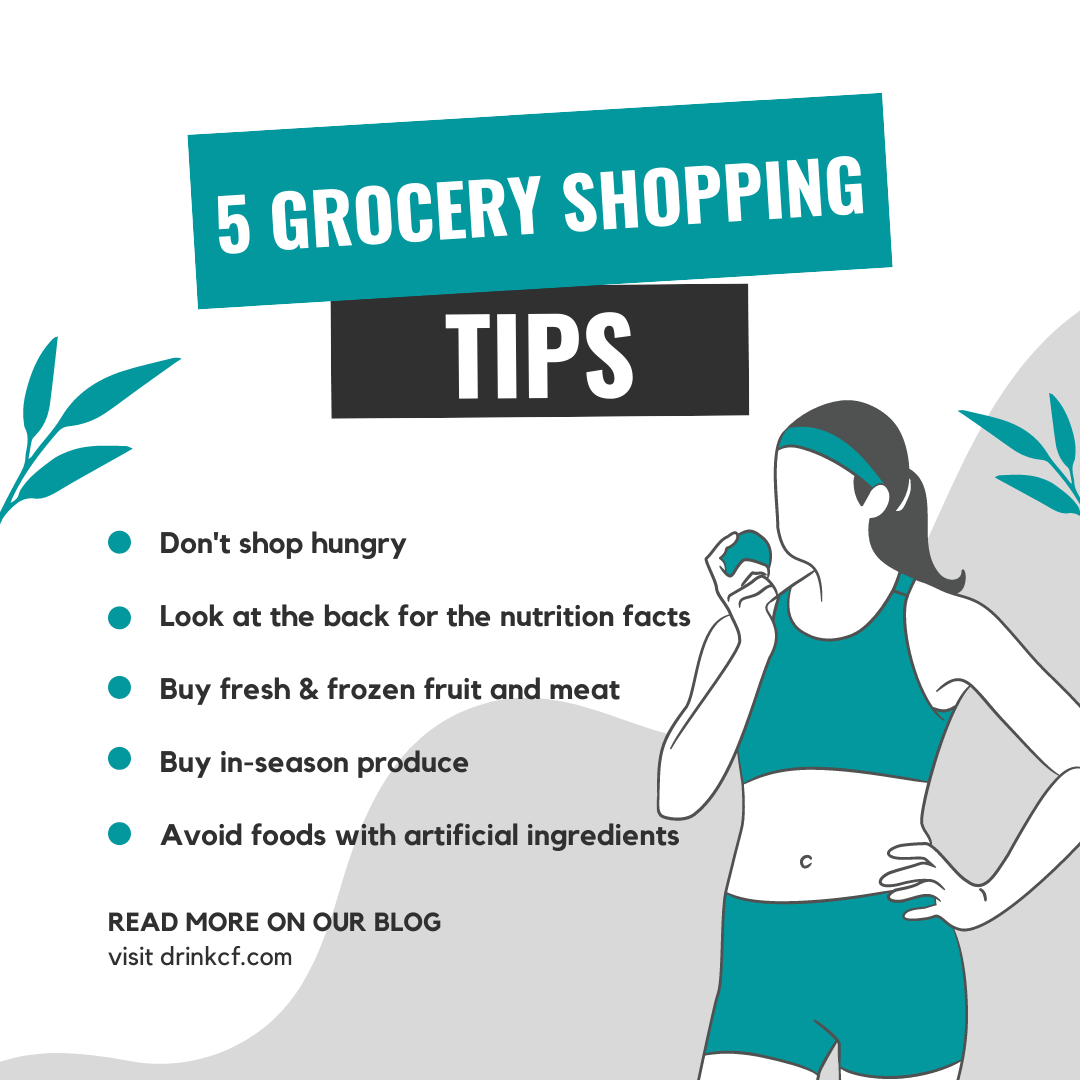High protein, low fat, low carb, no sugar…….oh my!!! How are we supposed to know how much protein we need when there is so much information out there? Well, it is tough and to be honest- there isn’t a one size fits all approach. Many factors affect your protein needs including age, gender, lean body mass, fitness level, training regimen, and more. However, today we will break down some different scenarios and help you determine a range that may be a good fit for you and your lifestyle.
Here are a few scenarios that might fit your specific goals:
If you are trying to build muscle…..Your daily protein intake should be between 1.2-2.0 grams/kilogram of body weight.
If you are an athlete…..Your daily protein intake should be between 1.2-1.7 grams/kilogram of body weight.
If you are trying to maintain weight….. Your daily protein intake should be between 0.8-1.5 grams/kilogram of body weight.
If you are trying to lose weight….. Your daily protein intake should be between 1.5-2.5 grams/kilogram of body weight.
If you are preparing for surgery….. Your daily protein intake should be between 1.2-2.0 grams/kilogram of body weight (if you are underweight it should be closer to 2.0 grams/kilogram).
If you are highly active……..Your daily protein intake should be between 2.0-2.5 grams/kilogram of body weight.
To determine how much protein you need, take your body weight in kilograms and multiply it by your range based on your goals (see the above scenarios).
So, let’s say I am 150LB and I am preparing for surgery:
Divide your weight in LB by 2.2 to get your weight in kg
o 150/2.2 = 68.2 kg
· Next, multiply your body weight by 1.5 to 2.0
o 68 times 1.5=102; 68 times 2.0=136 g
· So, you should consume 102-136 g per day of protein
*Please note that if you have chronic kidney disease or other specific health conditions please speak to a registered dietitian or your doctor as your protein needs will be lower.
Other ways to calculate protein needs:
Another way to determine your protein needs is by taking a percentage of your total calories. Typically, your protein will account for 10-30% of your daily calorie intake. There are 4 grams of protein per calorie.
Let’s do an example:
I am on a 2000-calorie diet and want my protein to be between my total calories.
2000 calories times 10-30%:
200-600 calories from protein.
200-600/4 (because there are 4 calories per 1 gram of protein)
50- 150 grams of protein per day
*If you want to follow a higher protein diet, you will want to aim closer to 150 grams of protein per day. Whereas if you want to follow a low protein diet, you will aim closer to 50-75 grams of protein per day.
How should I break up my protein throughout the day?
As a general rule of thumb, you want to divide your protein up and have some at each meal and snack. Protein helps to keep you feeling fuller for longer so it is good to include some each time you eat. Depending on your protein needs, you should aim for 15-35 grams of protein at each meal and 5-15 grams of protein at each snack.
Here is an example:
Goal: 100-125 grams of protein/day
Breakfast: 20-25 grams
AM Snack: 10-15 grams
Lunch: 25-30 grams
PM Snack: 10-15 grams
Dinner: 30-35 grams
Night Snack: 5-10 grams
How much protein is in CF(Protein)®?
Each CF(Protein)® has 13 g of protein per bottle. So, depending on what else you are eating and drinking, and your specific protein needs, consuming 1 to 2 CF(Protein)® drinks per day can help ensure you are optimizing your nutrition and help you to meet your needs. CF(Protein)® is not designed to be a sole source of nutrition. Therefore, consuming whole foods, high in protein, is recommended before and after surgery to meet your protein and calorie needs.
Is CF(Protein)® a meal replacement?
At CF, we encourage all our clients to consume well-balanced meals with a variety of food groups and plenty of fruits and vegetables. Depending on your calorie and protein needs, CF(Protein)® may not provide enough calorie and protein for a complete meal. Each meal you consume should have a balance of complex carbohydrates, lean protein, fiber, healthy fats, and fruits and vegetables. Food is fuel so ensuring you are consuming enough calories is of utmost importance. With that being said, if you enjoy drinking CF(Protein)® during breakfast, lunch, or dinner time, we recommend pairing your CF drink with something else to make a complete meal. This could be a piece of whole grain toast with 1/3 an avocado or nut butter or maybe some whole wheat crackers with hummus.
CF(Protein)® can also be consumed as an on-the-go snack. For healthy individuals and those with nutrient deficiencies, it is an excellent addition to ensure a well-rounded, nutrient-dense meal. It contains an abundance of vitamins and minerals derived from fruits and vegetables, along with other healthful antioxidants and anti-inflammatory ingredients.
Now that you know your protein needs, shop our website https://drinkclearfast.com/ to stock up on CF(Protein)® to help you reach your goals!
